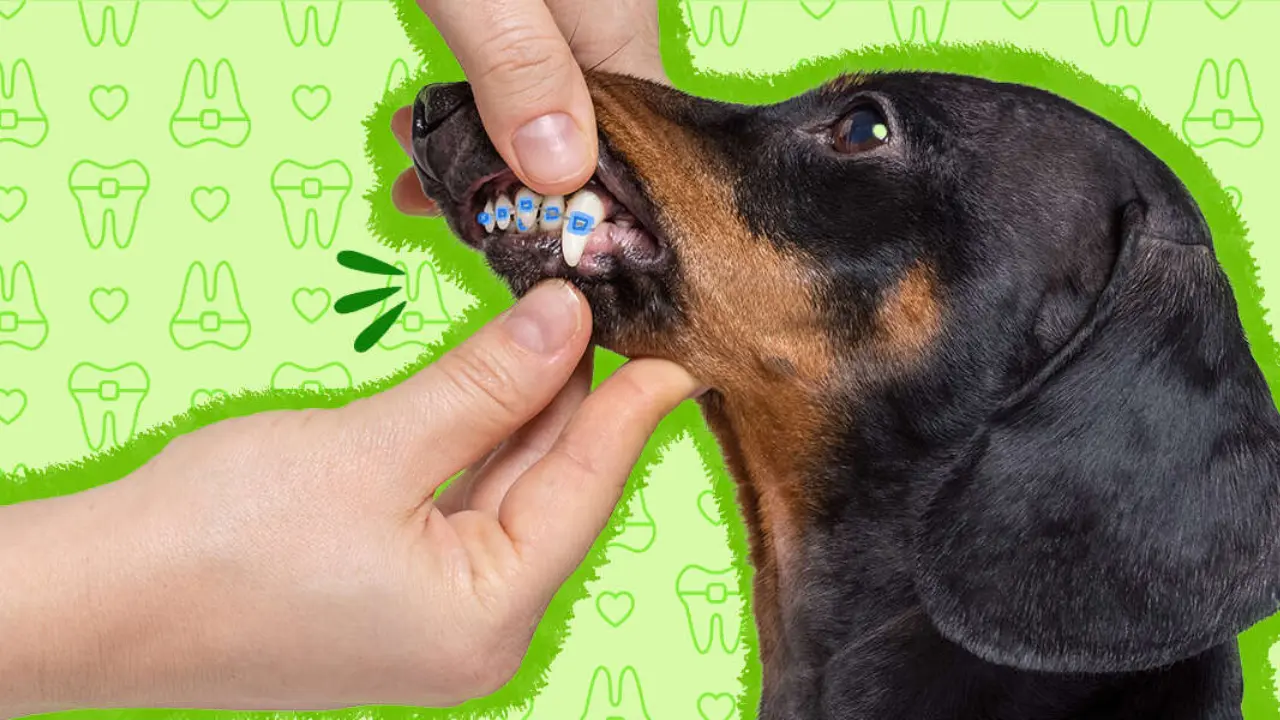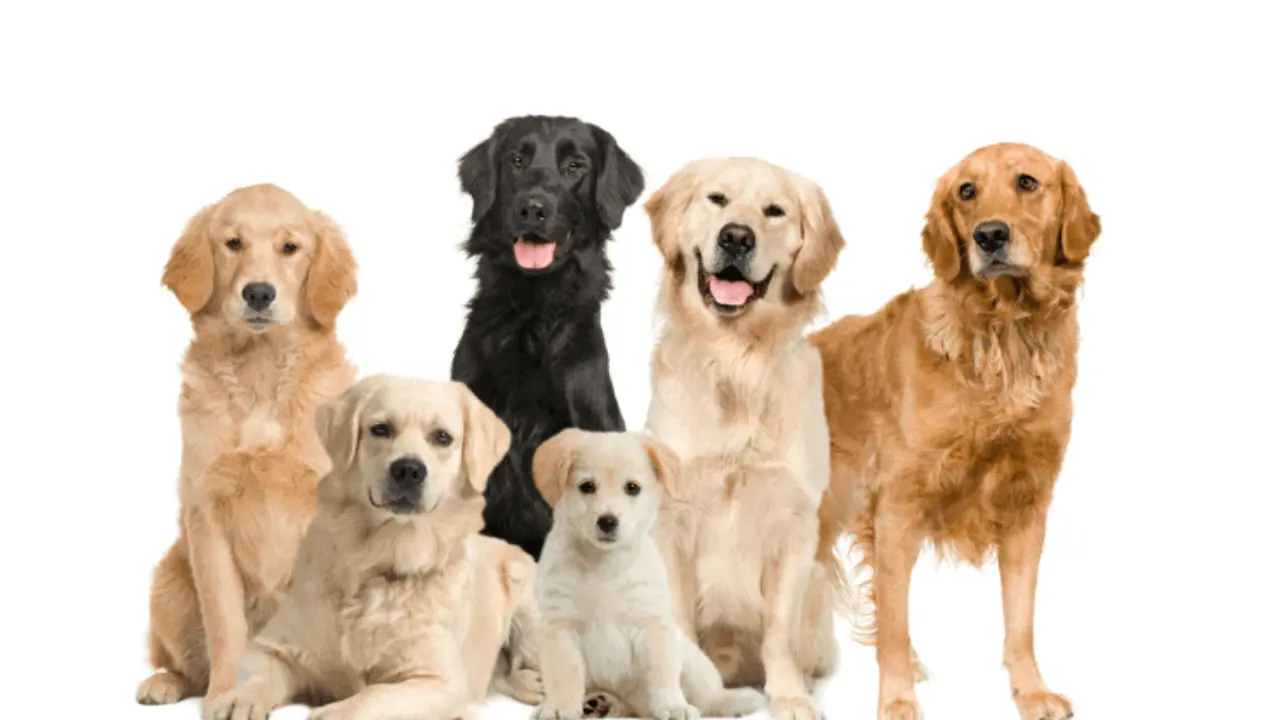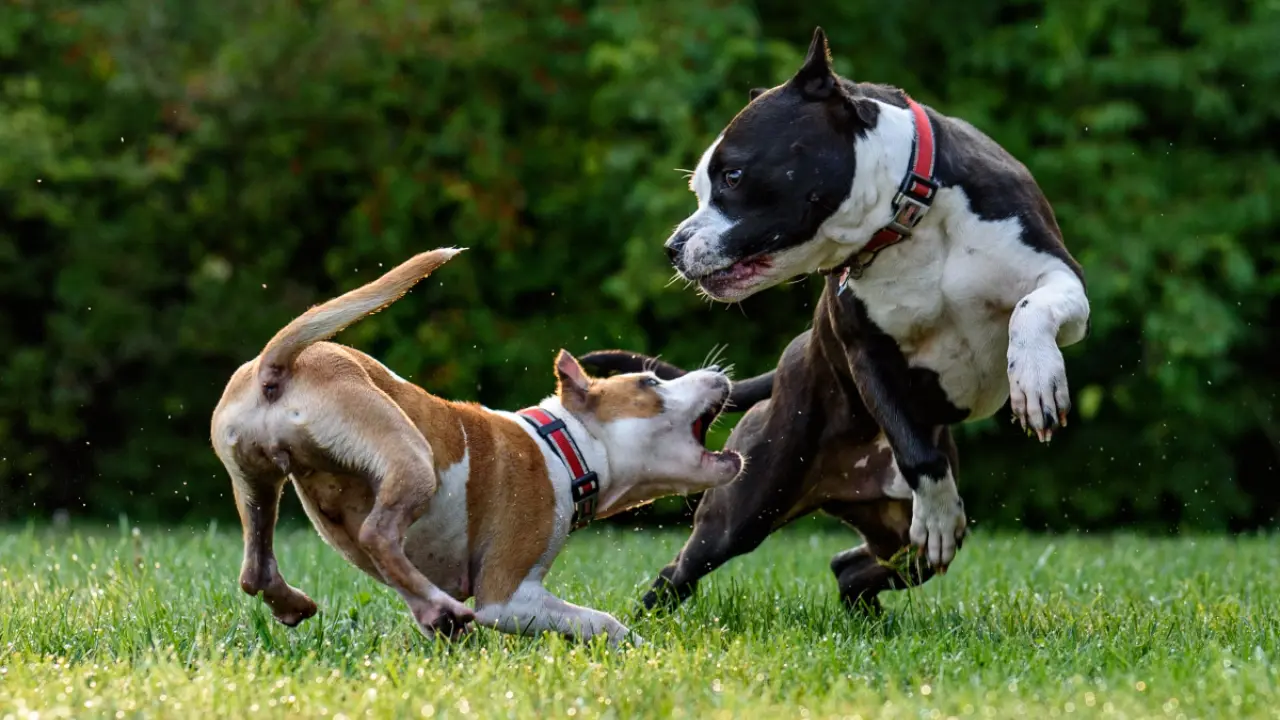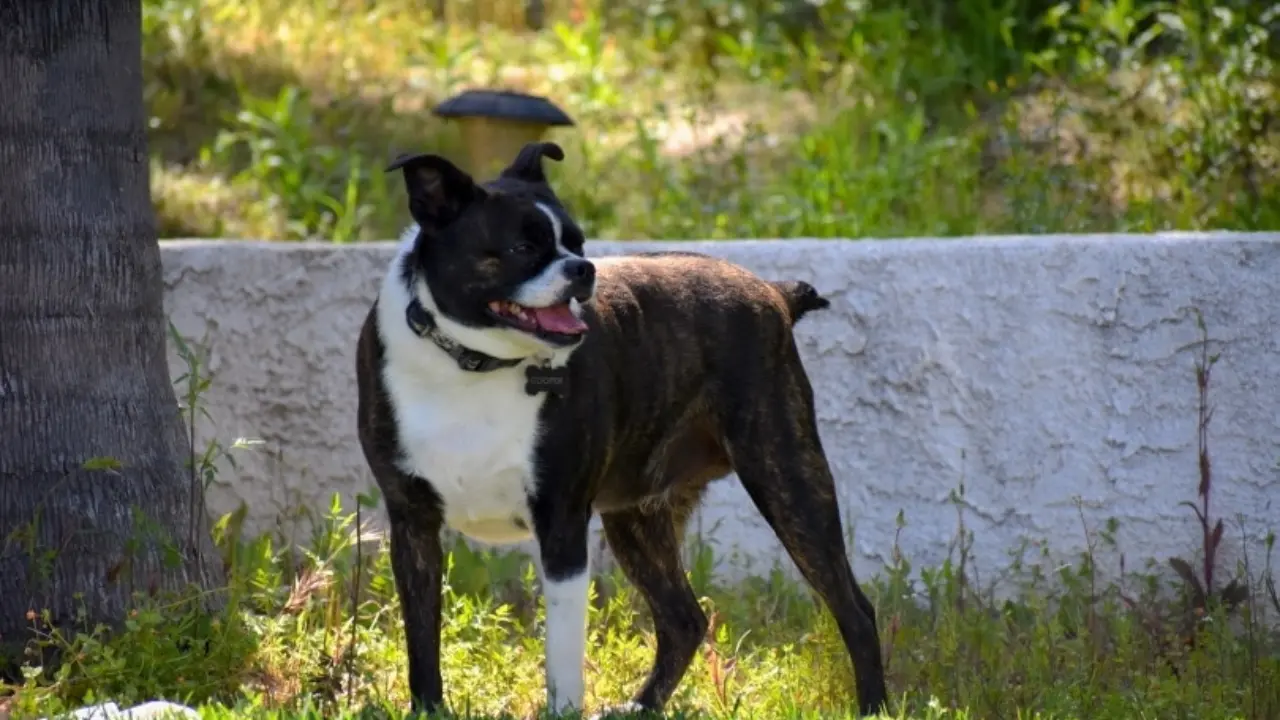Dog dental braces are orthodontic appliances used to treat dental issues in dogs. Although they resemble human braces, they are not for aesthetic purposes. They serve medical purposes like enhancing chewing ability or reducing pain and infection. Veterinarians have been using dog braces for more than 30 years. In this article, we will delve into the world of dog braces teeth, exploring what they are and when dogs may need them.
Why Do Dogs Need Braces?
Dogs may need braces for different reasons, depending on their breed, genetics, and dental health. Some of the common reasons are:
- Crowded teeth: This is when the dog has too many teeth or teeth that are twisted or out of place. This can cause damage to the gums, teeth, and mouth. It can also lead to gum disease and tooth decay
- Lance teeth: This is when the upper canine teeth point out instead of down. This can happen in some breeds, such as Shetland Sheepdogs. This can cause problems with closing the mouth, biting, and chewing. It can also cause ulcers and infections in the mouth.
- Overbite or underbite: This is when the upper jaw and lower jaw do not line up properly. This can happen in some breeds, such as Bulldogs or Boxers. This can cause problems with chewing, swallowing, and breathing. It can also cause wear and tear on the teeth.
- Linguoversion: This is when the lower canine teeth point inward instead of outward. This can happen in some breeds, such as Collies. This can cause problems with closing the mouth and eating. It can also cause holes in the roof of the mouth.
- Postoperative treatments: This is when the dog has had surgery on its jaw or mouth, such as for cancer or injury. This can cause the teeth to move out of position or become loose. Braces can help to stabilize and align the teeth after surgery.
How Do Dog Braces Work?
Dog braces function by gently pressing the teeth into a more advantageous position. Under anesthesia, the veterinarian makes the braces by fastening metal wires and brackets to the teeth. Depending on the situation, the dog might need to wear them for a few weeks to a few months.
Regular visits to the vet will be required to check on the dog’s progress and make any necessary brace adjustments. Additionally, the dog will require particular attention at home, including cleaning the braces and avoiding hard foods and toys.
How Much Do Dog Braces Cost?
The type and severity of the dental issue, the location and expertise of the veterinarian, the length and complexity of the treatment, and many other variables all affect how much dog braces cost. The average cost of dog braces ranges from $1,500 to $4,000.
Dog braces must be purchased out of pocket by owners because most pet insurance plans do not cover them. However, some veterinarians may offer payment plans or discounts for dog braces.
Are Dog Braces Worth It?
Dog braces may seem like a lot of money and hassle for a dog’s teeth, but they can have many benefits for the dog’s health and well-being. Dog braces can help to:
- Improve the chewing function and digestion of food
- Relieve pain and discomfort in the mouth
- Prevent infections and complications in the mouth
- Prevent tooth loss and bone loss
- Improve the appearance and confidence of the dog
Not all dogs or dental issues can be treated by canine braces. Veterinarians only advocate for them when they are medically necessary and can enhance the dog’s quality of life.
You should speak with your veterinarian before getting braces for your dog if you think they might be necessary. They will look at your dog’s mouth to determine whether braces would be beneficial and suitable for him. Additionally, they will describe the application, dangers, advantages, and costs of dog braces for your dog.
Conclusion
Dog dental braces are orthodontic appliances that can treat dental issues in dogs. They are done for medical needs rather than aesthetic ones. They can enhance the dog’s ability to chew, reduce pain and infection, stop bone and tooth loss, and enhance the dog’s appearance and self-assurance. Dog braces are pricey and need special maintenance, but they can be very beneficial to the dog’s health and happiness. Dog braces are not for every dog or every dental problem. Veterinarians only advocate for them when they are medically necessary and can enhance the dog’s quality of life. You should first speak with your veterinarian if you believe your dog may need braces to straighten its teeth.





